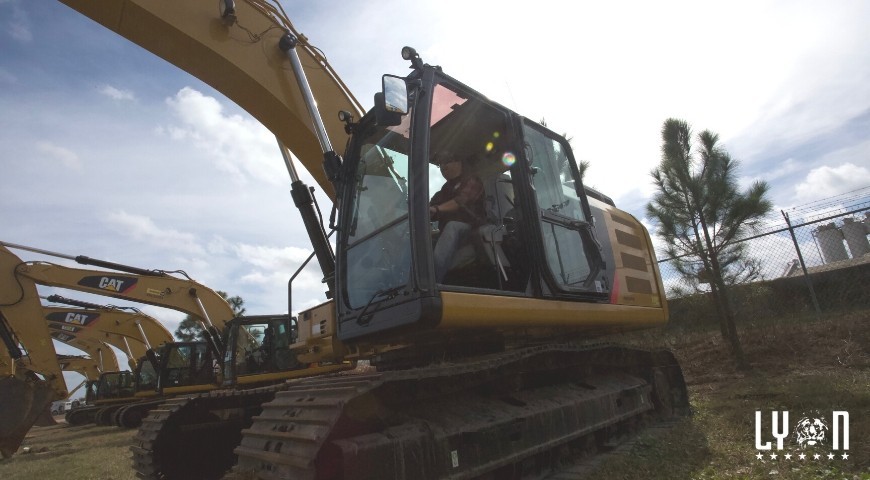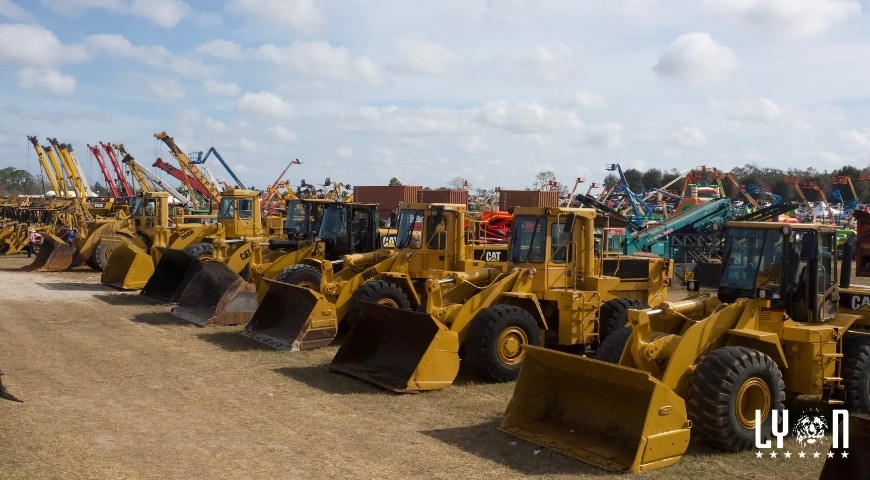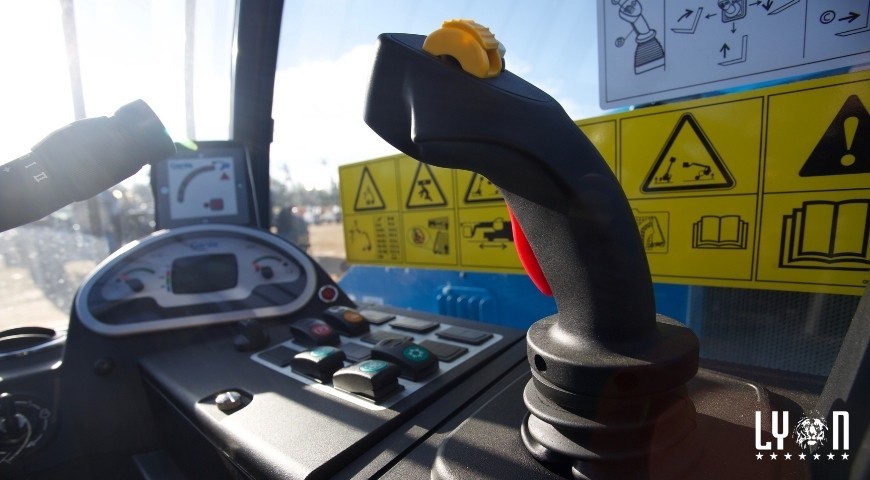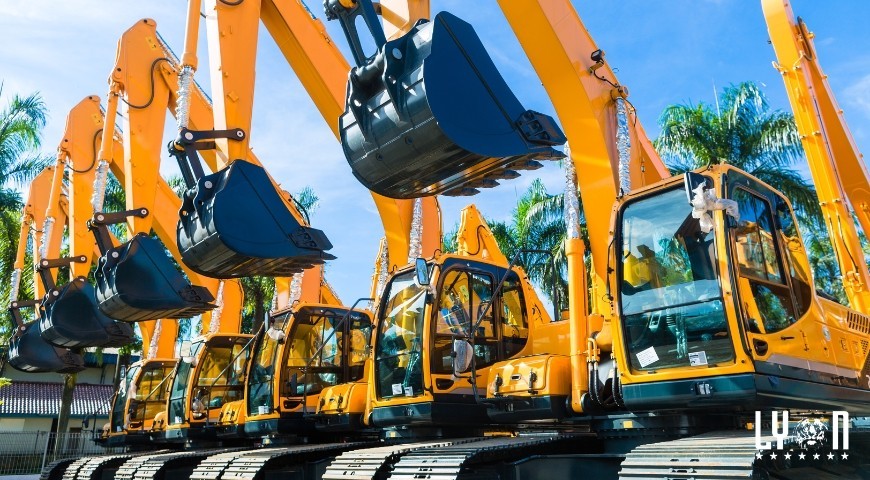Large construction equipment such as skid loaders, cranes, tractors and bulldozers are a great asset, as they build most of our modern infrastructure. Unfortunately, heavy equipment is dangerous and can cause severe injuries, including death.
Research shows that 404 individuals in the United States die every year when operating heavy equipment or overseeing the use of machinery. While the size and weight of this equipment puts workers at risk daily, learning how to use this machinery ensures the safety of your employees.
Here are some tips on how to operate large construction equipment and minimize injuries.
- Train your employees
Any worker who operates heavy machinery needs thorough training and certification. This includes simply moving machinery from one place to another. Never allow any untrained employee to use heavy machinery as you place them and your business at risk of injury and litigation.
Your employees also need to understand:
- How the equipment works
- Proper safety steps to take when operating
- What to do in emergencies
Have weekly or biweekly training sessions to help your employees brush up their knowledge and safety skills. During your training sessions, it’s a good idea to cover how to safely get on and off large construction equipment to reduce the risk of injury.
Make sure that all employees understand how to properly enter and exit their machinery. A good tip is to always have protective equipment on while on or near the equipment.
- Use equipment for its intended purpose
Heavy equipment is specifically designed to perform a particular task. For instance, wheel loaders are made to load materials and not carry workers. Always pick the right equipment for the job at hand and use it as the manufacturer’s instructions say.
Avoid overloading and overworking heavy machinery and properly secure your riggings before lifting any loads.
- Eliminate employee distractions
Construction sites are potentially dangerous places, as many obstacles pose a danger to any distracted employee. Implement a firm ‘no phone’ policy at your worksite and confine its use to break time.
OSHA forbids the use of mobile phones on cranes, and any employers without policies against distracted driving are liable.
Conduct a visual inspection of your heavy machinery each day before use. This includes checking the lights, gauges, backup alarms and the horn.
You should also inspect the equipment’s fluid levels, filters and grease. Be sure the liquid levels are at the recommended level before operating them.
Don’t forget to check the engine, this is the heart of your machine! Look for any cracks, dents or loose belts. The battery is also vital to your equipment’s performance, make sure it is working effectively.
At Alex Lyon and Son, we have heavy machinery for sale, big and small. We strive to create a headache-free process for you! Contact us today for more information about our auction dates and online auction opportunities!




